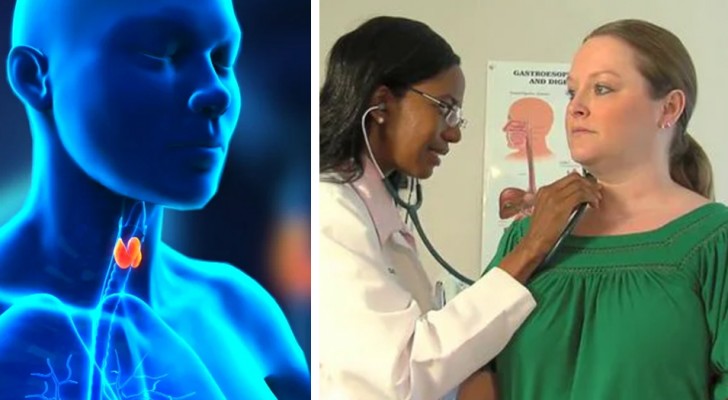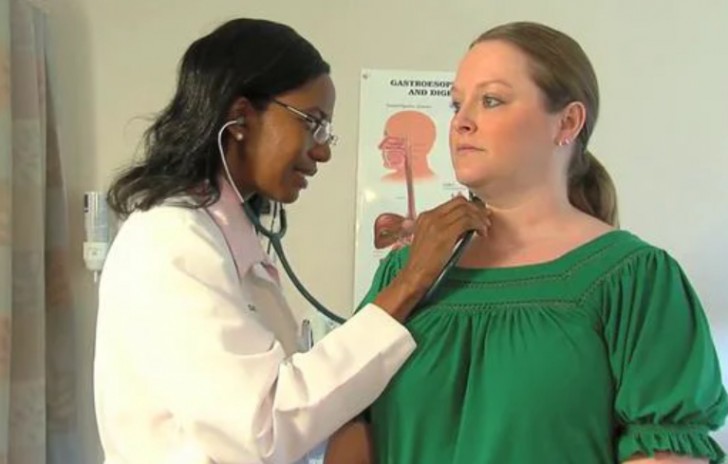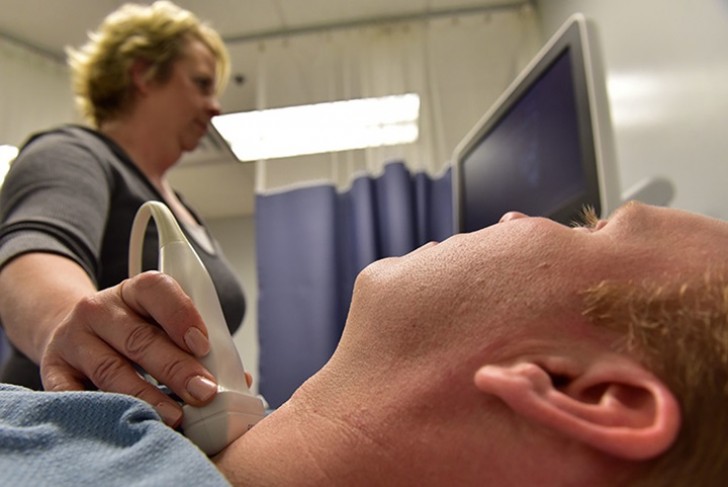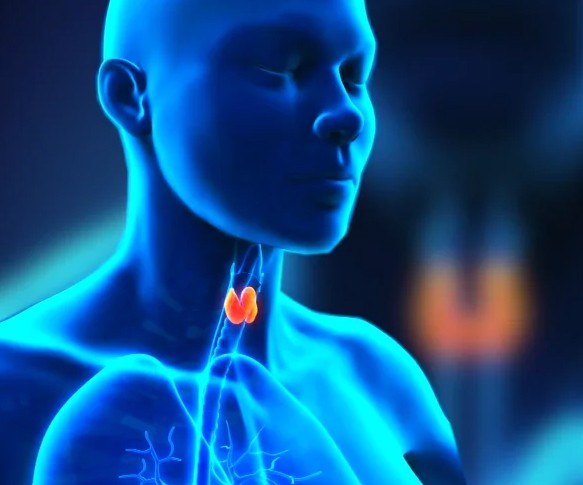Thyroid hormone imbalances and everything you need to know about hypothyroidism

The thyroid is the largest endocrine gland in the human body and one of the most essential for the well-being of the entire body.
A well-functioning thyroid is fundamental for the activity of organs such as liver, kidneys, heart, and brain and is also responsible for the psycho-physical balance.
In the event of malfunctioning, specifically when the thyroid acts too slowly, hypothyroidism occurs, i.e. low levels of the thyroid hormones triiodothyronine (T3) and thyroxine (T4).
Here is everything you need to know about this condition.
via Thyroid_disease

In women, the thyroid regulates the menstrual cycle, while in children and adolescents it controls such processes as metabolism, growth, and mood.
In the event that the hormonal contribution begins to decrease, certain conditions will occur. The first symptom is that the body will react by slowing down its functions. This is an automatic defense and survival mechanism to save energy. In fact, you will experience episodes of extreme tiredness, irritability, and drowsiness.
Other revealing and rather annoying physical symptoms can be, for example, weight gain in spite of proper nutrition and physical activity, a lower basal temperature in the morning and exhaustion in the afternoon hours, as well as the feeling of constantly having cold hands and feet.

As a rule, these sensations are accompanied by difficulty in breathing, breathlessness, unexplainable exhaustion, difficulty in coordinating movements, dizziness and lightheadedness, hair loss, dry skin, dry eyes, and high cholesterol.
Up to now, mainly the physical symptoms have been described. However, hypothyroidism also manifests itself through various symptoms that are clearly linked to psychological distress.
In particular, individuals with thyroid deficiency may experience agitation, anxiety, depression, memory impairment, and cognitive slowing.

In order to compensate for the low levels of hormones T3 and T4, in most cases, drugs based on levothyroxine are given. This drug contains a synthetic active ingredient that aims to restore biochemical balance and restore the body to optimal condition.
In any case, it is always advisable to contact your primary care doctor so that you can take a specific blood test for the diagnosis of thyroid problems, if necessary.
Only then, based on the results of the analysis and a precise diagnosis, is it possible to follow a personalized pharmacological treatment.





